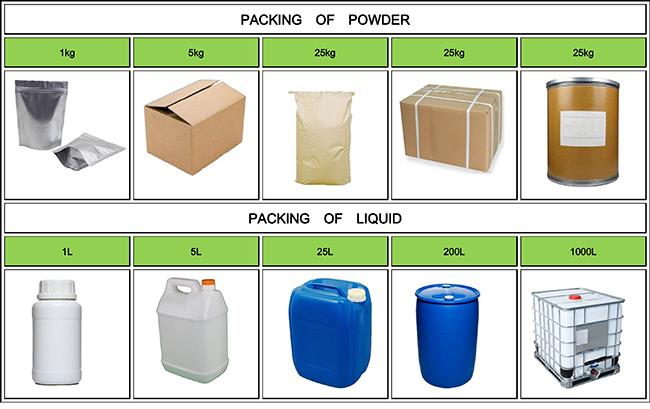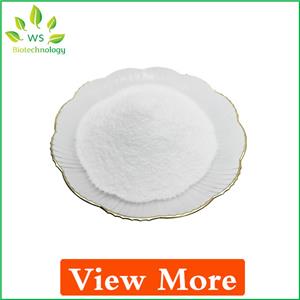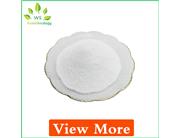Taurodehydrocholate, a bile salt derivative, has several significant applications in biochemistry and medicine. One of its primary uses is as a surfactant in biochemical assays, particularly in the study of membrane proteins and lipid bilayers. By facilitating the solubilization of membrane proteins, taurodehydrocholate aids researchers in understanding protein structure and function, which is crucial for drug development and targeting disease-related proteins.
In pharmacology, taurodehydrocholate plays a role in enhancing the solubility and bioavailability of lipophilic drugs. Its amphiphilic nature allows it to form micelles that encapsulate poorly soluble compounds, thereby improving their absorption in the gastrointestinal tract. This property is especially useful in formulating oral medications where solubility is a barrier to effective treatment.
Moreover, taurodehydrocholate has been investigated for its therapeutic potential in liver diseases. Bile acids, including taurodehydrocholate, are known to influence liver metabolism and may have protective effects against hepatotoxicity. Research suggests that it can modulate liver cell signaling pathways, potentially leading to new treatment approaches for conditions like non-alcoholic fatty liver disease.
Additionally, taurodehydrocholate is utilized in experimental models to mimic physiological conditions in the study of digestion and absorption processes. Its ability to interact with lipids and proteins makes it an invaluable tool for studying gastrointestinal physiology.
In summary, taurodehydrocholate serves multiple roles across various fields, from enhancing drug formulation and bioavailability to aiding in the understanding of membrane biology and liver function. Its diverse applications underscore its importance in both research and clinical settings.






 China
China





